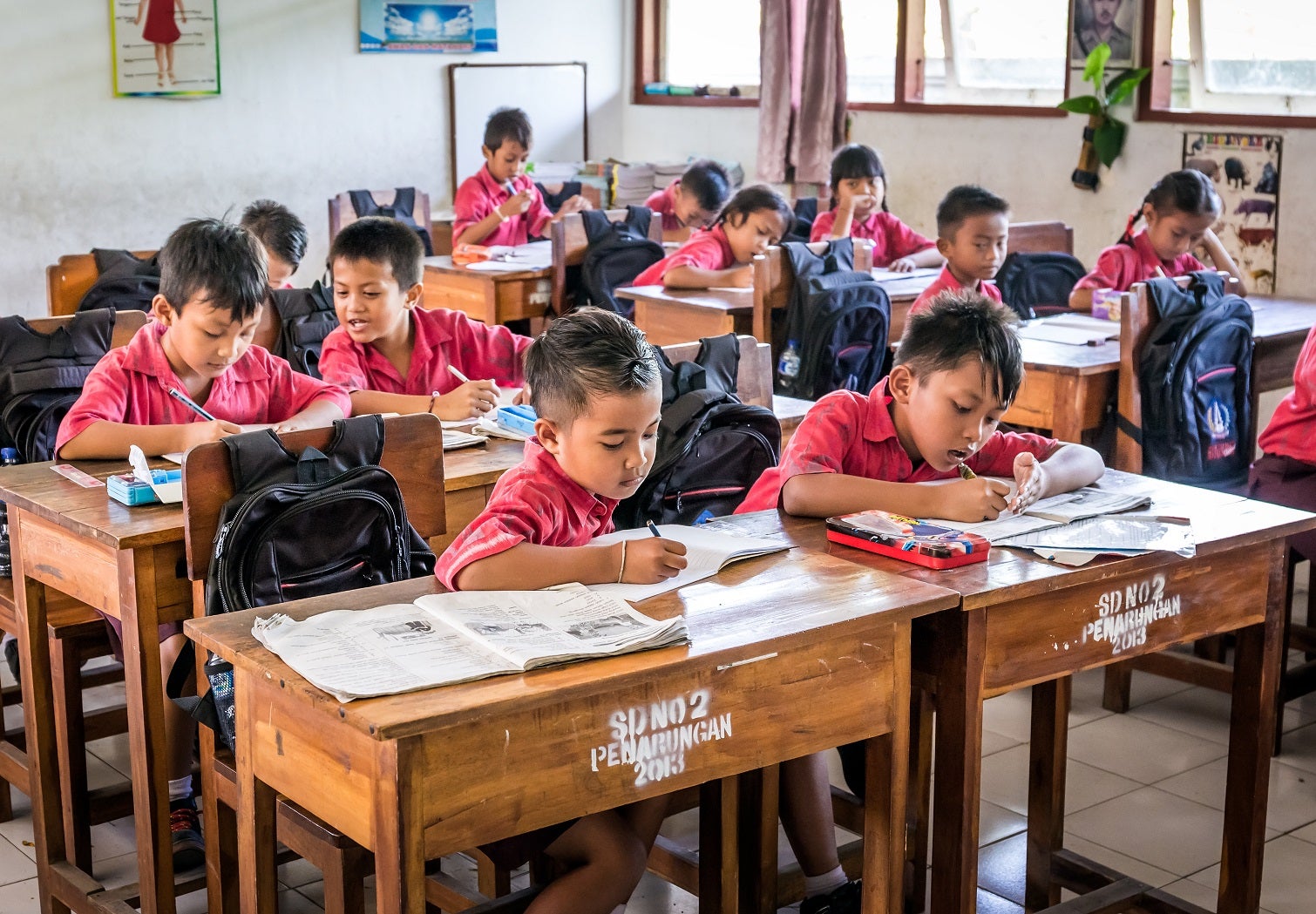Imagine getting lost because you’re unable to read street signs, or not knowing the ingredients of the snack you’ve just eaten because you don’t understand the alphabet. Literacy persistently impacts our life outcomes and it encompasses all areas of life – shaping how we learn, how we work, how we create, and how we live on a day-to-day basis. Unfortunately, even in this day and age, there are still millions of people from all over the world who still don’t have equal opportunities for literacy education. High illiteracy levels can lead to increased poverty levels, low living standards, and unemployment among other factors. In order to make the world a better place, we must start by eradicating the inability to read amongst our youth.
"High illiteracy levels can lead to increased poverty levels, low living standards, and unemployment among other factors."
In 2019, the Indonesian government successfully finished The Palapa Ring that involves an undersea fiber-optic cable network which provides fast broadband internet in nearly 22,000 kilometers to Indonesians, in both urban and rural areas across the country. To maximize the usage of this infrastructure, the government needs to do something. When I was volunteering to teach in one of Jakarta’s poorest districts, I realized that it’s beyond important to make sure that people know what to do with the existing technology so it doesn’t go to waste.
If I were the minister of education in Indonesia, I would make sure every child has access to high-quality education. With a large population of over 270 million people in an archipelago consisting of over 17.000 islands, it certainly won’t be easy to do. That’s where advanced technology is taking part. Thanks to the internet, we are now one click away from knowing what is happening on the other side of the globe. All we have to do is educate the people about how to use it wisely.
"Today a reader, tomorrow a leader – and we all are the leaders of tomorrow!"
I thought of a program called “Taman Aksara” which is a learning center that provides free internet access and up to date technological devices for the community to use. The devices will be equipped with e-books and e-learning apps – therefore allowing them to use it to improve their reading comprehension. This learning center will be located in the middle of every district and can be used by schools in the area. It will also function as a library where children can study and do their homework. Taman Aksara will hold weekly classes that focus on different fields such as listening, speaking, and reading for various ages.
Besides that, I also thought that a national assessment on reading comprehension should be mandatory for kids aged 9 or 3rd grade of elementary school. The testing system used will be similar with the national exam we already have at the moment, and this learning center is meant to help schools as a bridge to help them pass the assessment. Just like what Margaret Fuller said: Today a reader, tomorrow a leader – and we all are the leaders of tomorrow!
This post is one of the three winning entries of the second World Bank Group and Financial Times Blog Writing Competition.



Join the Conversation